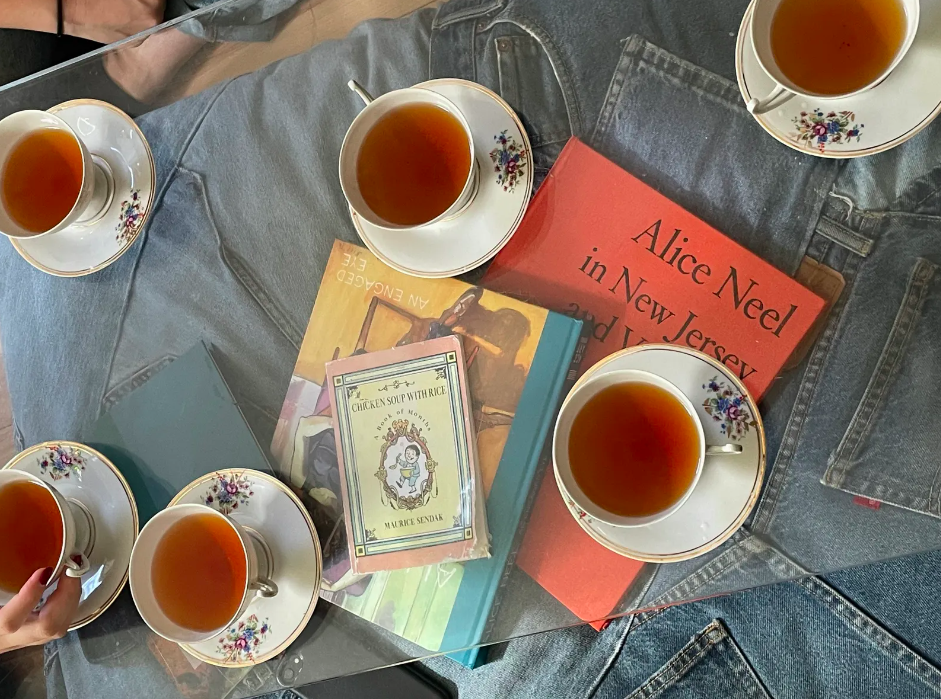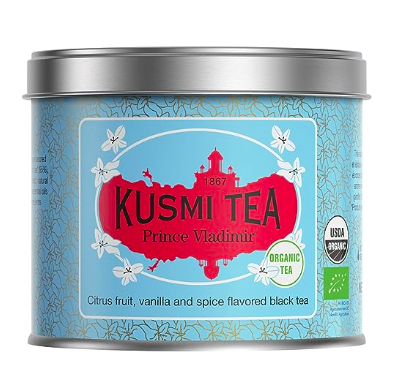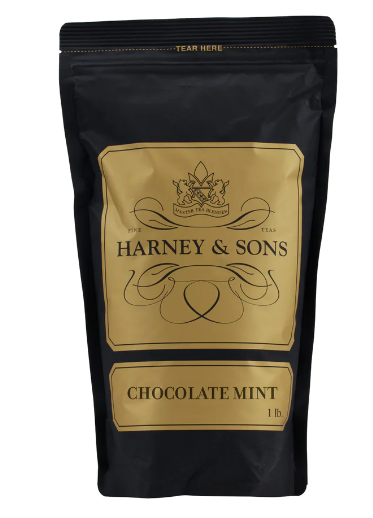
Drinking herbal tea as a dessert to satisfy your craving for something sweet and calm your stomach and mind is the post-dinner habit most recommended by nutritionists when it comes to how and what to eat when you want to lose weight. “At the end of the dinner, it may happen that our palate asks us for a different stimulus and flavor, or rather to close with something sweet. Drinking herbal tea is an excellent solution,” explains psycho-nutritionist Itziar Digón.
Replacing the traditional dessert with herbal tea affects weight loss as it restrains you from consuming extra calories at the end of dinner. “Sometimes, our palate plays tricks on us,” says Digón. “Even after a hearty dinner, it happens that it asks us for further gratifications. Instead of eating for the sake of it, drinking herbal tea is an excellent solution to satisfy these ‘cravings’ without filling up on calories.”
Laura Parada, nutritionist of Slow Life House, explains the benefits obtained from drinking herbal tea after dinner. “In addition to neutralizing the desire for sweet foods, drinking herbal tea improves digestion. Furthermore, it is a habit that contributes to proper hydration, promotes rest and helps to relax.” She continues, “Not to mention that herbal teas are perfect to drink between meals, if you get tired of water.”
According to wellness expert Elodie Doral, founder of the Madrid spa Six Harmonies, consuming herbal tea with relaxing properties every evening and an incredibly effective anti-stress habit. Digón confirms, “Sitting comfortably after dinner, sipping a herbal tea, hot or cold, creates a cocooning ritual that promotes sleep, relaxation and sends a positive message to the brain.”
The pharmacist and nutritionist Paula Martin Clares, author of the book La salud de tu piel está en lo que comes (“The health of your skin is in what you eat”), shares an interesting tip: keep turmeric and ginger in the pantry dust. “I always add a teaspoon of one of these two ingredients to my herbal tea,” she says. “In this way, I enhance the anti-inflammatory effect of the infusion.”
As Parada explains, the secret is in selecting herbal teas that don’t contain caffeine, theine or any other stimulant, as this would negatively affect rest. “Nor diuretics,” he warns, “because they would make us wake up at night to go to the bathroom.” It’s also important to avoid added sugars. Below are some suggestions.
- Herbal or mint teas, for their digestive powers.
- Infusions of lemon balm, passion flower or lavender, to combat anxiety and stress.
- Ginger tea. “It has anti-inflammatory and vasodilator properties, which help improve blood circulation, aiding digestion and preventing heartburn when we’ve eaten too much and too little,” says Parada.
- Fennel tea. “It is my favorite, due to its anti-inflammatory effect,” says Paula Martín Clares. “It is relaxing and prevents skin aging.”
- Cinnamon and turmeric infusion. Parada suggests it because “it has an anti-inflammatory effect, has digestive benefits and promotes blood circulation.”
- Chamomile. As Paula Martín Clares says in her book, “it improves digestive processes and promotes rest, and this is noticeable on the skin. It’s a calming infusion.”
DISCLOSURE: This post may contain affiliate links, meaning when you click the links and make a purchase, we receive a commission.
Camphill Village Hibiscus Blend, 25 MG CBD

Vahdam Teas Turmeric Tea

Kusmi Tea Prince Vladimir Loose Leaf Tea
As an Amazon Associate, we earn from qualifying purchases.

Chocolate Mint Tea

beauty beauty trends celebrities celebrity news christmas christmas movies coffee dating fall fashion fashion fashion designers fashion trends fashion week fitness hailey bieber hair trends halloween harry potter health Instagram Justin Bieber kate middleton King Charles meghan markle mental health milan fashion week movies music netflix new york city paris paris fashion week pregnancy prince harry princess diana prince william relationships royal family royals skincare street style television travel valentine's day wellness